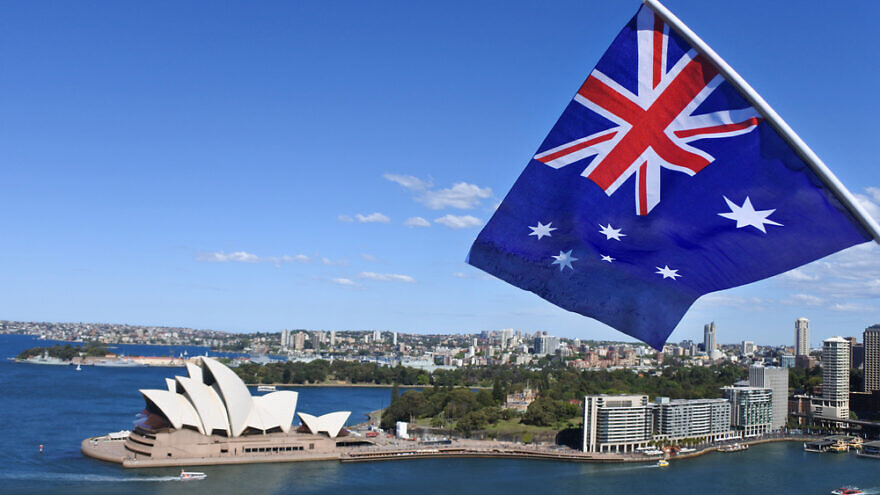Australia’s Asst. Foreign Affairs Minister: ‘Simplistic wedge motions in the house do nothing to advance the cause of peace.’
By Vered Weiss, World Israel News
On Thursday, Australia’s Parliament rejected by a margin of 80-5 a Greens Party proposal to recognize a “state of Palestine.”
Liberal MP Julian Lesser called the motion “contrary to the traditions of Australian foreign policy.”
Adam Bandt, leader of The Greens Party, said recognizing a Palestinian State would be a “concrete step towards peace.”
He added, “It’s not just a symbolic move; it’s a critical step towards peace and towards ending the slaughter we’re seeing with the invasion of Gaza at the moment.”
However, opponents of the proposal argued that a Palestinian state that isn’t committed to renouncing terror will promote peace in the region.
Assistant Foreign Affairs Minister Tim Watts said, “simplistic wedge motions in the house do nothing to advance the cause of peace.”
He continued, “A Palestinian state cannot be a threat to Israel’s security. We want to see a reformed Palestinian governing authority committed to peace, renouncing violence.”
Opponents cited Denmark whose government also voted against unilateral recognition of a Palestinian State.
“We cannot recognize an independent Palestinian state for the sole reason that the preconditions are not really there,” Danish Foreign Minister Lars Lokke Rasmussen said in April.
Norway’s foreign minister met with Palestinian Authority prime minister Mohammad Mustafa on Sunday in Brussels, and he handed over diplomatic papers affirming his country’s recognition of a Palestinian state.
Spain on Tuesday officially recognized a “State of Palestine” within the 1967 lines, with eastern Jerusalem as its capital and including the Gaza Strip.
According to a survey conducted by the Jerusalem Center for Foreign Affairs (JCFA), 64% of Israelis said they were opposed to the establishment of a Palestinian state as part of an agreement to normalize relations with Saudi Arabia.
A third of Israelis who thought before October 7th that a Palestinian State could be viable under certain conditions now oppose it entirely.
Among Israelis aged 60 and above, support for a demilitarized Palestinian state fell from 44% to 32%. Among those with academic degrees, the number fell from 29% to 20%, and among Israelis with higher incomes, support for a Palestinian State dropped from 33% to 20%.
Among Israeli adults under 30, 70% oppose a Palestinian state. Traditional, religious, and ultra-Orthodox are against Palestinian statehood at a rate of 74%, 88%, and 91%, respectively, and 54% of secular Israelis are against it.


